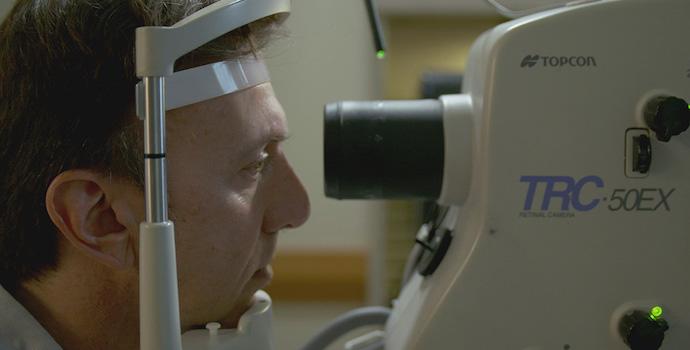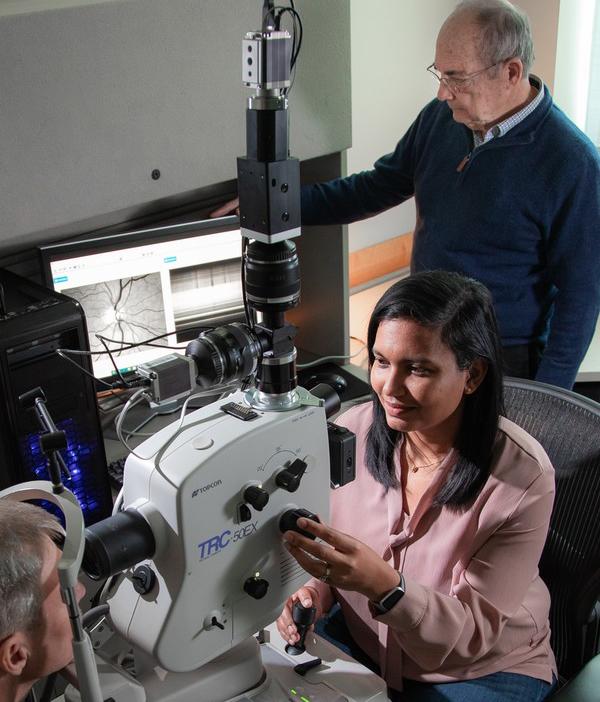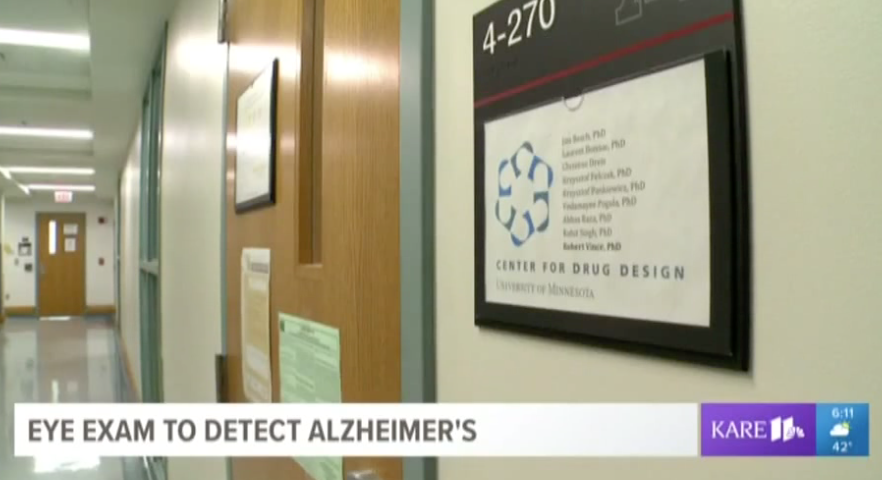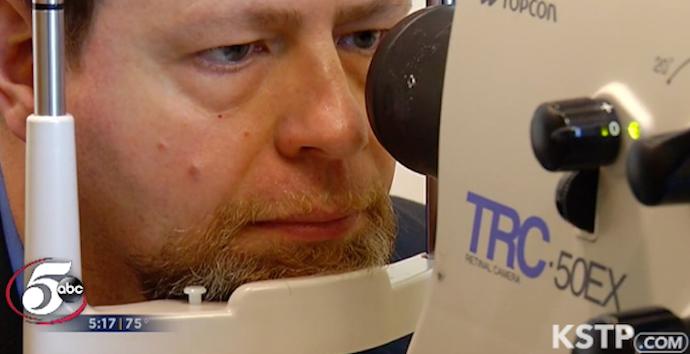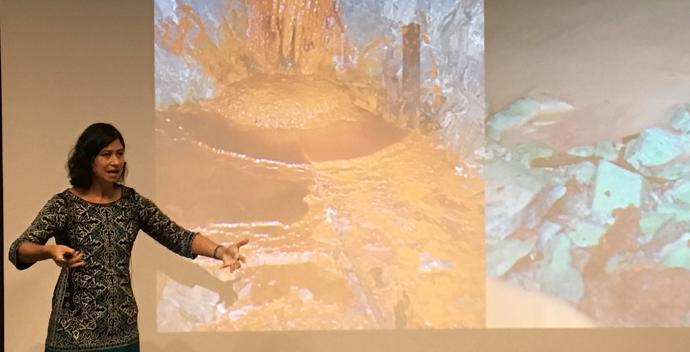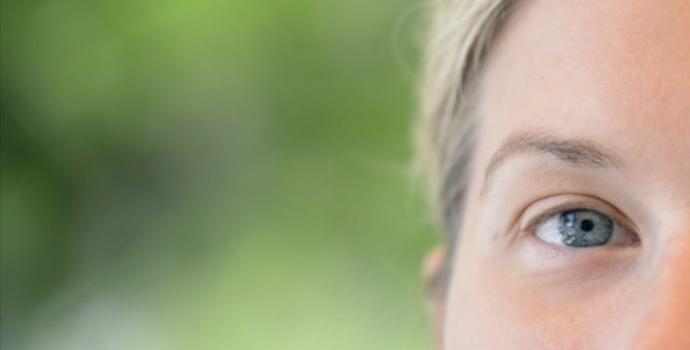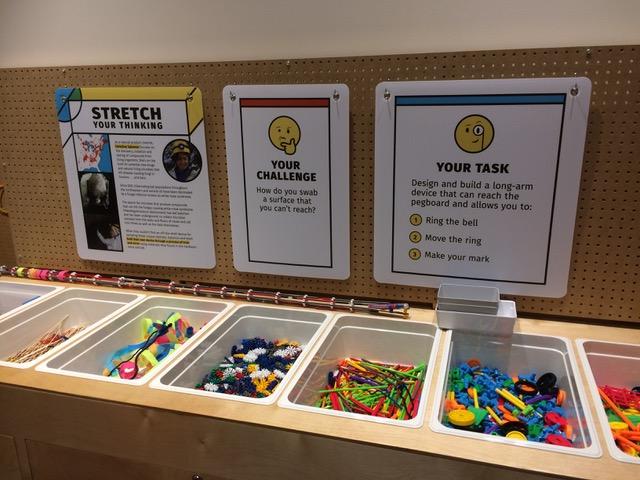News
Researchers from the University of Minnesota Center for Drug Design are getting closer to finding a solution to the problem of White Nose Syndrome affecting bat populations throughout the country.
If there was a way to catch Alzheimer's earlier, to see its onset in the most nascent of stages, medical researchers postulate that would allow patients to access novel treatments earlier than ever before.
Finding a viable treatment for Alzheimer’s disease (AD) continues to frustrate researchers around the world.
The University of Minnesota Twin Cities and Windgap Medical have received a $3.2 million grant from the National Institutes of Health (NIH) to develop a new device to quickly administer a recently developed antidote for cyanide poisoning.
Prof Christine Salomon's lecture 'Tales from the underground: Searching for biocontrol treatments for white nose syndrome in bats' drew a big crowd at University of North Carolina.
Center for Drug Design (College of Pharmacy, University of Minnesota) has signed an agreement to collaborate with medical imaging startup RetiSpec to commercialize the technology for early detection of Alzheimer’s disease.
Prof. Christine Salomon worked with staff from the Bell Museum at the University of Minnesota to help conceptualize an interactive exhibit in the Solutions Studio. One of the goals was to engage the public with the creativity and engineering needed to do scientific field research.

